Does detergent remain on dishes after dishwashing?
 In a number of Western countries, a group of opponents of dishwashers has emerged. Their main argument comes down to the fact that dishes washed in the dishwasher contain residues of detergents, which subsequently enter the human body with food, slowly poisoning it. Thus, the harm from dishwashing detergents, in their opinion, completely eliminates the comfort created by the dishwasher. We decided to check whether the dishwasher really leaves a certain amount of detergent on the dishes or if these are just rumors.
In a number of Western countries, a group of opponents of dishwashers has emerged. Their main argument comes down to the fact that dishes washed in the dishwasher contain residues of detergents, which subsequently enter the human body with food, slowly poisoning it. Thus, the harm from dishwashing detergents, in their opinion, completely eliminates the comfort created by the dishwasher. We decided to check whether the dishwasher really leaves a certain amount of detergent on the dishes or if these are just rumors.
Why might powder remain on plates?
After conducting a series of simple tests, we were convinced that in most cases, during normal washing in a dishwasher, particles of detergent remain on the dishes. In some cases there are more of them, in others less, but they are still present. Why is this happening?
- A low quality detergent is used that does not dissolve well in water.
- Washing dishes is carried out at a low water temperature and because of this, the product does not completely dissolve.
- The wrong wash program has been selected on the dishwasher or too much detergent has been added.
- The dishes in the baskets are not arranged correctly, which is why soapy water with product residues lingers in the cavities and is not washed out during rinsing.
- Dishes made of difficult-to-rinse porous materials have been sent to the sink. Not only is it difficult to wash off dirt from such dishes, but also detergent.
- The dishwasher is faulty.
Quite often, dishwasher users themselves noticed white traces of detergent on freshly washed dishes.Most often, this phenomenon occurs if users buy cheap, low-quality dishwashing detergent, whether powder or tablets. This is the most dangerous option, because a cheap product may contain toxic components, and the amount of particles remaining on the dishes may well cause serious poisoning.
Even very good tablets or powder may not dissolve satisfactorily due to low-temperature washing. Usually, fast modes involve heating the water no higher than 40 degrees, and users really “respect” such modes, and then eat the remains of detergents along with food.
The optimal water temperature at which detergents dissolve well in the dishwasher is 600WITH.
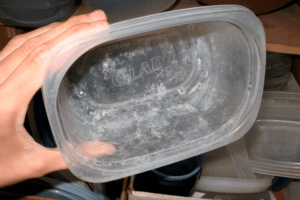 The choice of washing program also needs to be monitored. It’s not for nothing that dishwasher manufacturers came up with double rinse modes; if your machine has such modes, you should use them. The detergent also needs to be put in according to the norm, or preferably a little less than the norm. Adding more powder will not improve the quality of the wash, quite the contrary.
The choice of washing program also needs to be monitored. It’s not for nothing that dishwasher manufacturers came up with double rinse modes; if your machine has such modes, you should use them. The detergent also needs to be put in according to the norm, or preferably a little less than the norm. Adding more powder will not improve the quality of the wash, quite the contrary.
Be careful how you place dishes in baskets. The powder may also be difficult to wash off due to the fact that one or another type of dishware is positioned incorrectly. Powder particles will collect in cavities, and then you will be forced to wash dishes and kitchen utensils with your hands. If you don't know how to properly arrange dishes in baskets, read the article How to use a dishwasher correctly. It explains everything in some detail.
If you are washing plastic dishes or dishes made of porous clay, keep in mind that they will not wash well. Not only food residues, but also detergent components are poorly washed off from such materials.It may be worth washing these dishes by hand or getting rid of them altogether.
What else determines whether the dishwasher rinses out the detergent completely? Of course, it depends on the serviceability of the dishwasher itself. If, for example, one of the spray arms of the machine fails, the quality of washing dishes and the quality of washing off the powder will deteriorate significantly. In this case, a qualified technician will help you, who will figure out what’s what.
What harm does this do?
We figured out whether the detergent remains on the dishes after washing. It turned out that it still remains. We also found out the reasons why this happens. Suppose we come to terms with the fact that at lunch we have to eat a little dishwashing liquid in addition to the usual food. What does this threaten us with? Is it really as harmful as they say?
In fact, detergent can contain large amounts of substances that are extremely harmful to the body, such as chlorine. We already consume quite a lot of chloride compounds with tap water, and if you start eating “bleach” directly from the plates, then very soon you can get:
- inflammation of the mucous membranes of the oral cavity and esophagus;
- chronic cough and watery eyes;
- bronchitis and pneumonia;
- weakening of the immune system.
 By eating detergent particles, a person also receives a “wild” dose of phosphates, which, when accumulated in the body, lead to the destruction of bones and teeth. Of course, in a couple of weeks, phosphates in the body will not accumulate to a critical level, but we also expect to wash dishes in the dishwasher every day.
By eating detergent particles, a person also receives a “wild” dose of phosphates, which, when accumulated in the body, lead to the destruction of bones and teeth. Of course, in a couple of weeks, phosphates in the body will not accumulate to a critical level, but we also expect to wash dishes in the dishwasher every day.
In addition to chlorine and phosphates, a powerful allergen can also enter the body, since manufacturers impregnate their tablets and powders with powerful flavorings.It will be very unlucky if you are allergic and react to these components.
Choosing tablets or powder
How to get out of this situation. It is clear that not a single dishwasher is capable of rinsing off detergent without leaving a residue, which means you need to choose the most harmless detergent that would not harm it if it enters the body. You can, of course, refuse to machine wash, but where is the guarantee that with manual dishwashing gel you will get less chemicals.
It is very difficult to obtain such guarantees from anyone, which means we will take care of ourselves. We suggest choosing the safest possible product so that it does not contain components that can cause significant harm to the body. How to do it? You need to come to the economic department and Read the ingredients of detergents carefully. Harmless powders and tablets do not contain:
- chlorine;
- phosphates and phosphonates;
- flavoring;
- nonionic surfactants in an amount greater than 5%.
Of course, this does not make such powders and tablets edible, but one can expect that their forced partial absorption will not cause health problems.
So, you can wash dishes in the dishwasher without fear of getting poisoned if you choose a high-quality detergent and follow the simple operating rules that are written in the instructions. Be reasonable and everything will be fine. Good luck!
Interesting:
2 reader comments

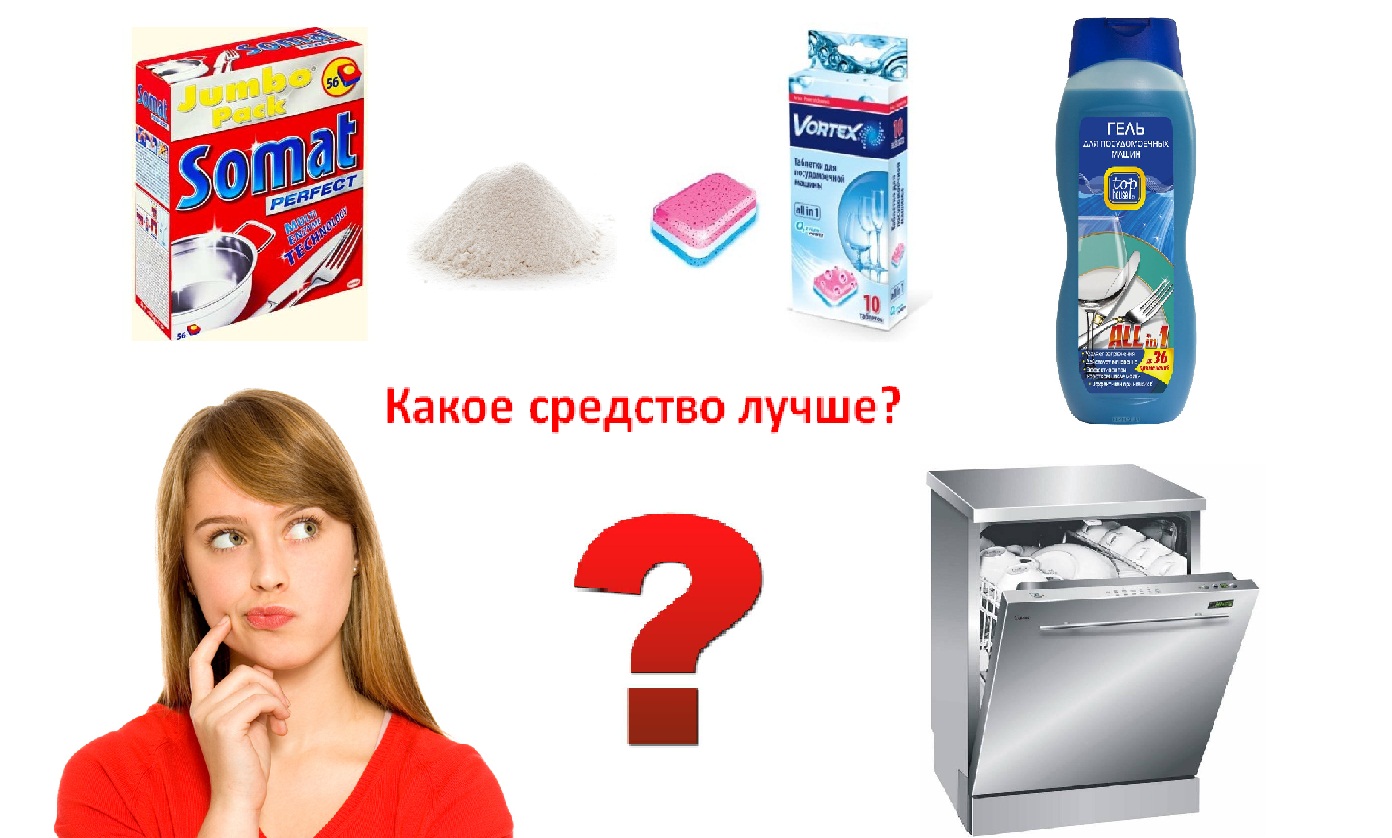
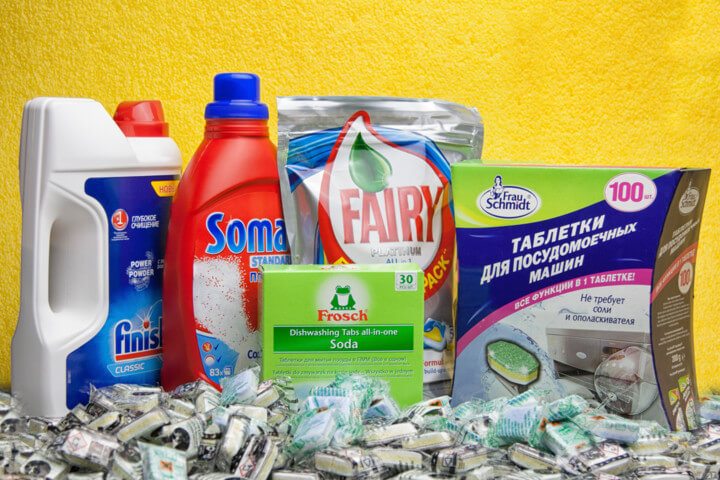
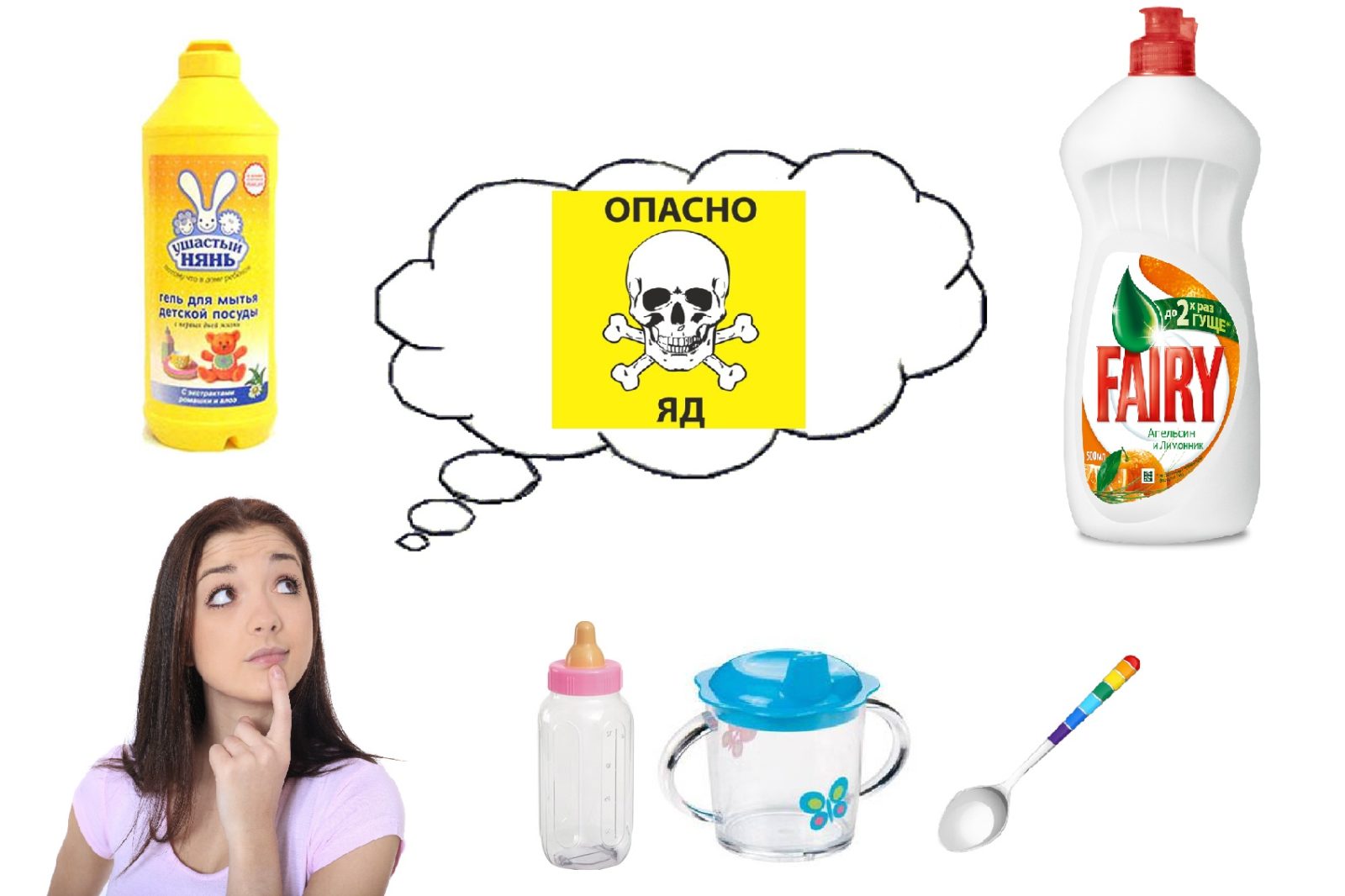

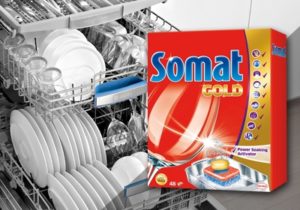
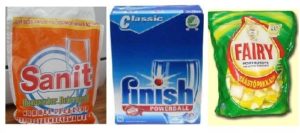


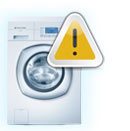




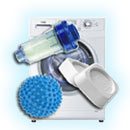



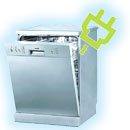


Why don’t you write about the chemicals that remain from salt and rinse aid? After all, they are especially not washed off completely, since they are contained in the water during the very last rinse? And the rinse aid creates a clear bitterness on the dishes.
I tried the dishes on my tongue after the dishwasher. Bitter soda taste. Now I additionally rinse everything by hand. Tough 🙁